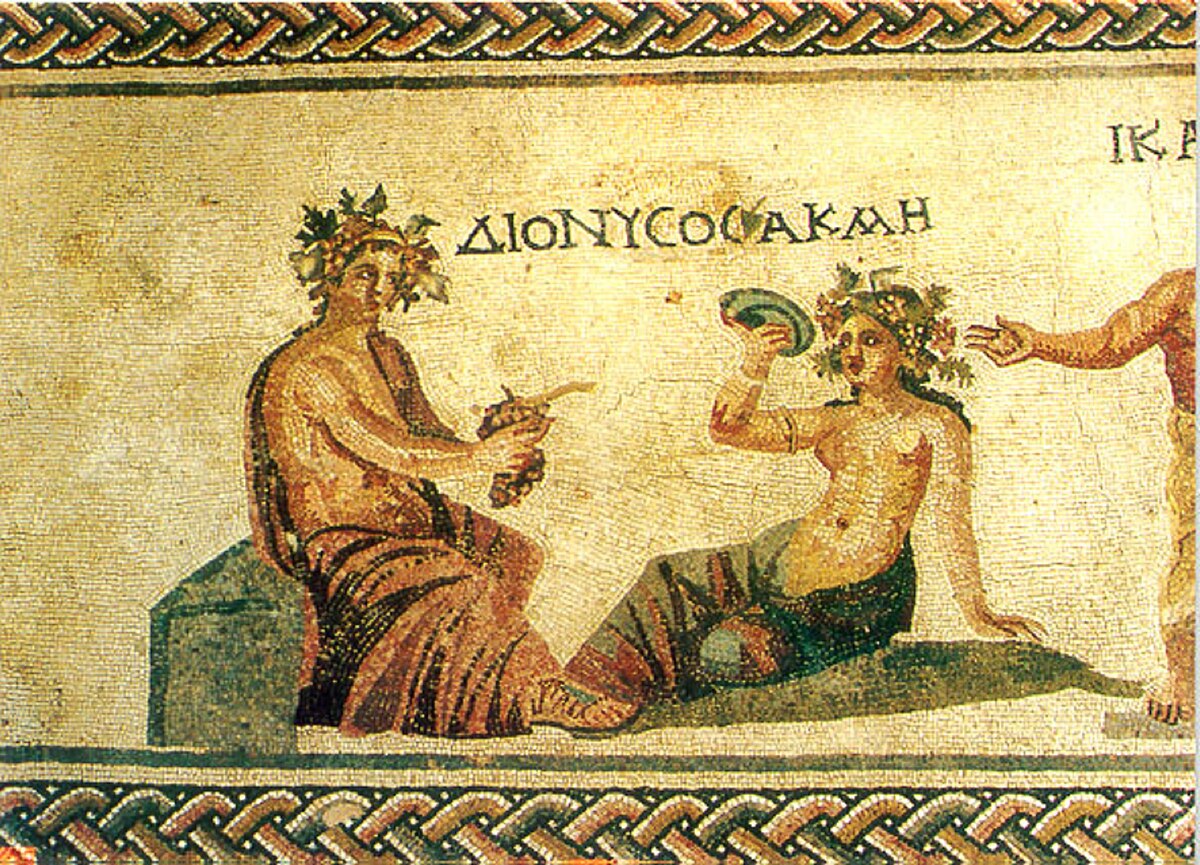Wine, a beverage enjoyed for millennia, boasts a rich history shrouded in mystery. While we can’t pinpoint a single inventor, archaeological evidence paints a fascinating picture of the origins of winemaking. Let’s raise a glass and explore the ancient cultures who likely first cultivated grapes and stumbled upon the delightful art of fermentation.
Early Traces of Wine: A Global Journey
Early Traces of Wine: A Global Journey – Uncorking the History of Winemaking
Ever wondered where wine came from? The answer, like a fine vintage, unfolds in layers across continents and millennia. This post embarks on a global journey to explore the early traces of wine, uncovering the fascinating stories of the cultures who may have first made wine.

Grape Expectations: Clues from the Cradle of Civilization
Our quest for the origins of winemaking takes us back to the cradle of civilization – the fertile crescent encompassing parts of the Middle East. Here, archaeological evidence whispers tales of early wine production:
The Caucasus Mountains: Chemical signatures on pottery shards unearthed in Georgia and Armenia hint at wine production as early as 6000 BC. These ancient vessels likely held the first fermented grape beverages.
The Near East: Iran boasts even older contenders. Residues of wine dating back to 5400-5000 BC have been found in grape containers, suggesting a well-established wine culture in the region.
Beyond Grapes: Exploring Fermented Beverages Around the Globe
The story of early fermented beverages extends beyond the realm of grapes. While not technically “wine,” evidence of a fermented rice beverage dating back to 7000 BC in China adds another intriguing chapter. This diversity highlights the independent discovery of fermentation across different cultures, all drawn to the intoxicating potential of their local fruits.
From Accidental Fermentation to Cultural Cornerstone
The exact process by which humans first made wine remains shrouded in mystery. It likely involved the accidental fermentation of grapes. Early humans may have stored grapes in containers, and natural yeasts present on the skins would have triggered fermentation, transforming the juice into an alcoholic beverage. This discovery may have been met with surprise, then delight, leading to the development of deliberate winemaking techniques.
As societies developed, wine transcended its origins as a fermented beverage. It became a cornerstone of culture, used in religious ceremonies, social gatherings, and even medicine. The allure of its taste, intoxicating effects, and symbolic significance cemented wine’s place in human history.
A Toast to the Mystery: The Enduring Legacy of Early Wine
While the definitive answer to “Who invented wine” may forever remain elusive, the early traces of wine paint a captivating picture of human innovation and our deep connection to this beloved beverage. From the accidental discovery of fermentation to its rise as a cultural cornerstone, wine’s journey is a testament to our ancestors’ resourcefulness and our enduring appreciation for this delightful drink.
So, the next time you raise a glass, take a moment to savor the rich tapestry woven from these early traces of wine. It’s a toast to the ingenuity of our past and a promise of continued enjoyment for generations to come.
The Legacy of Wine’s Ancient Origins
The question of “who first made wine” may not have a definitive answer, but the quest to uncover the origins unveils a captivating story of human ingenuity and the global reach of this beloved beverage. From its accidental beginnings to its enduring cultural significance, wine continues to be a source of enjoyment and a testament to our ancestors’ resourcefulness.
So next time you raise a glass, take a moment to appreciate the long and fascinating history of this treasured drink!

Saghi Hot Products
- £85.99
- £17.99





















